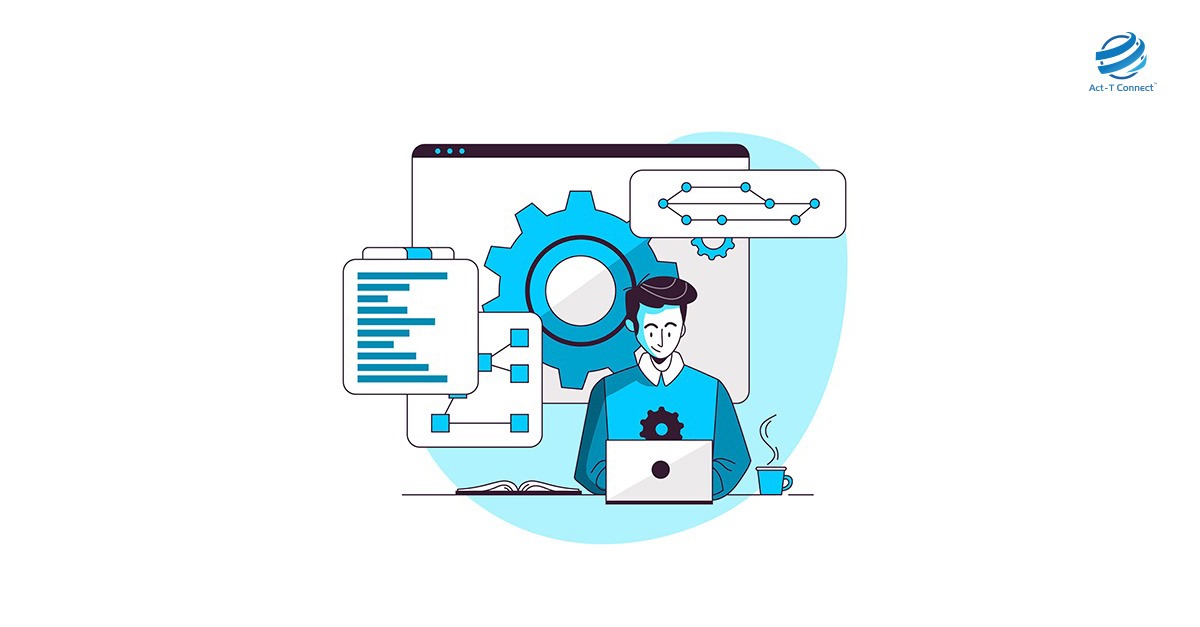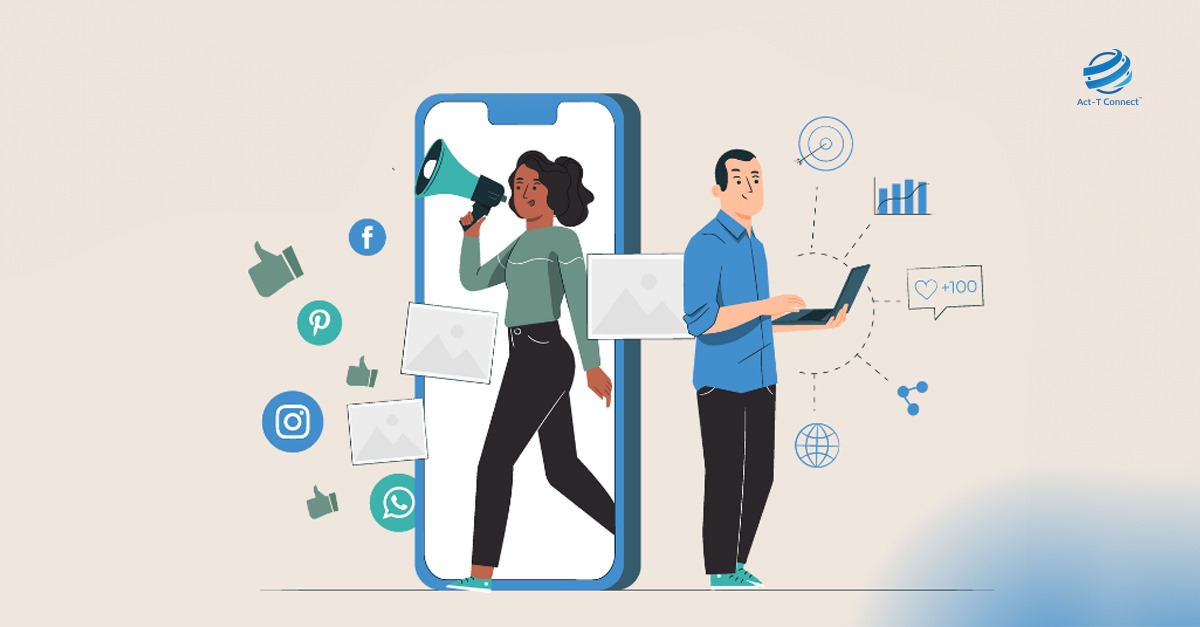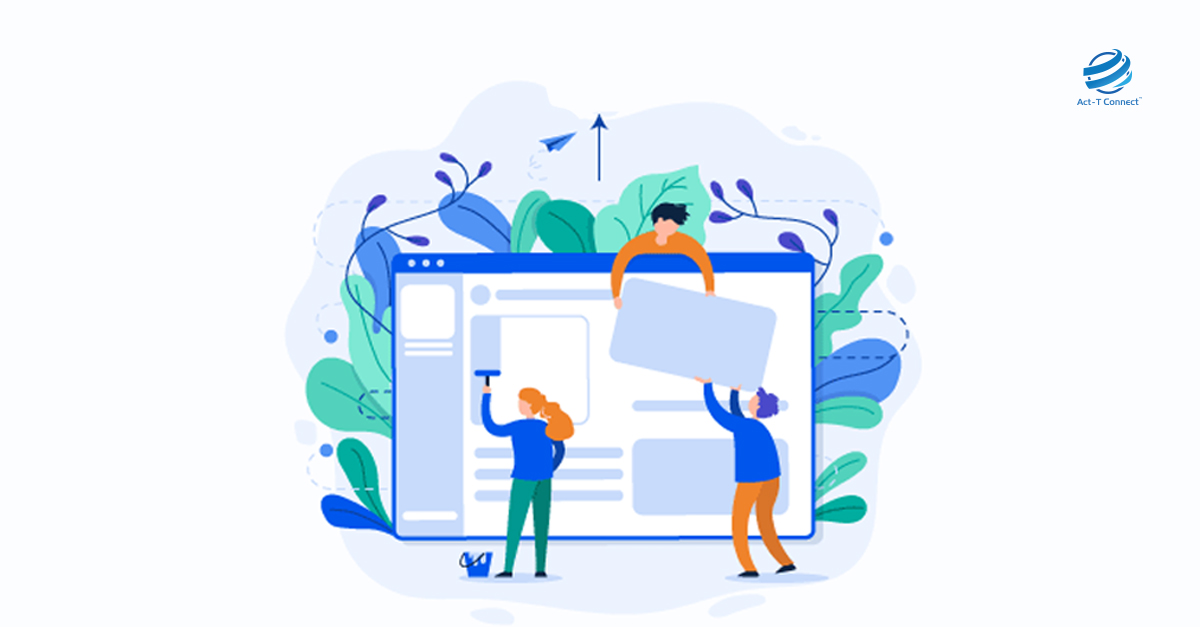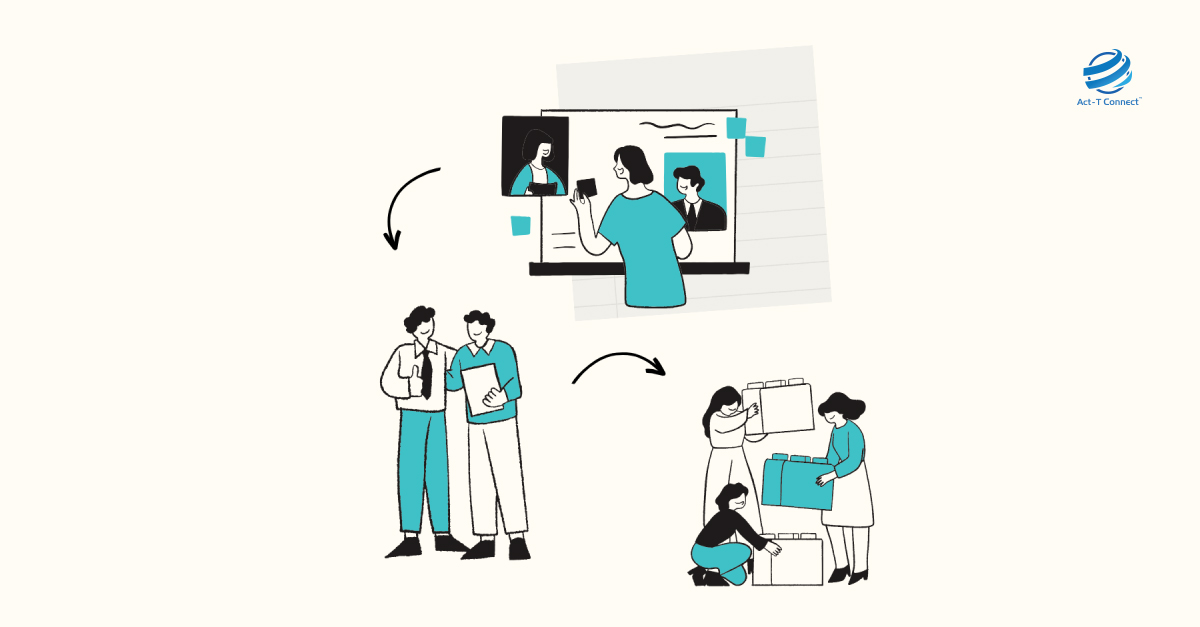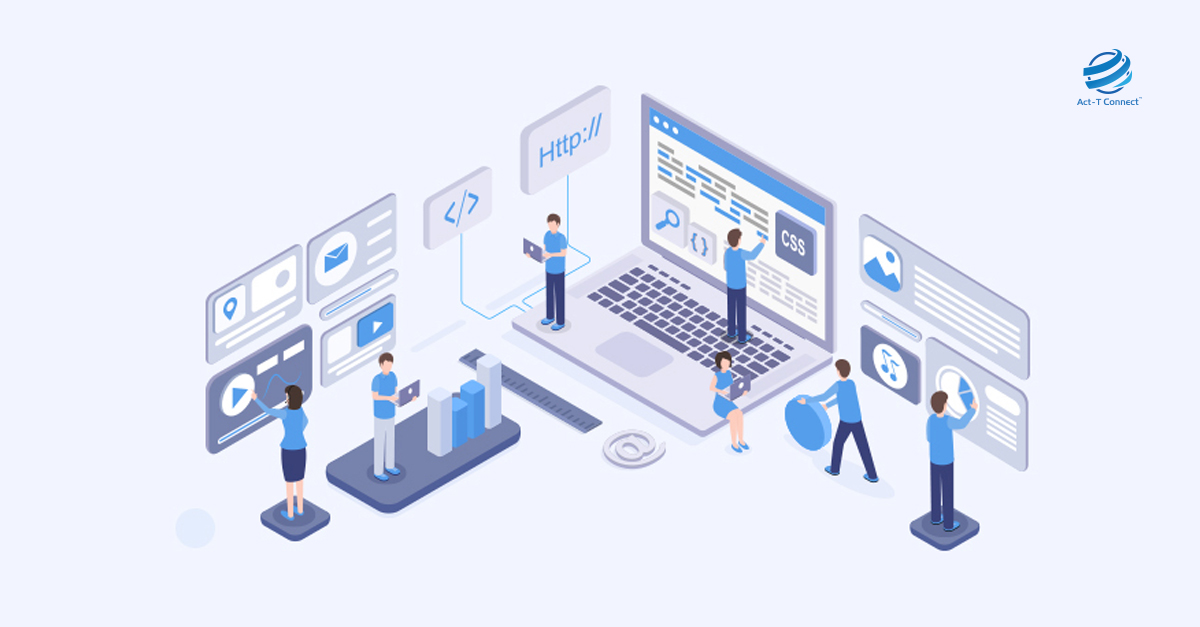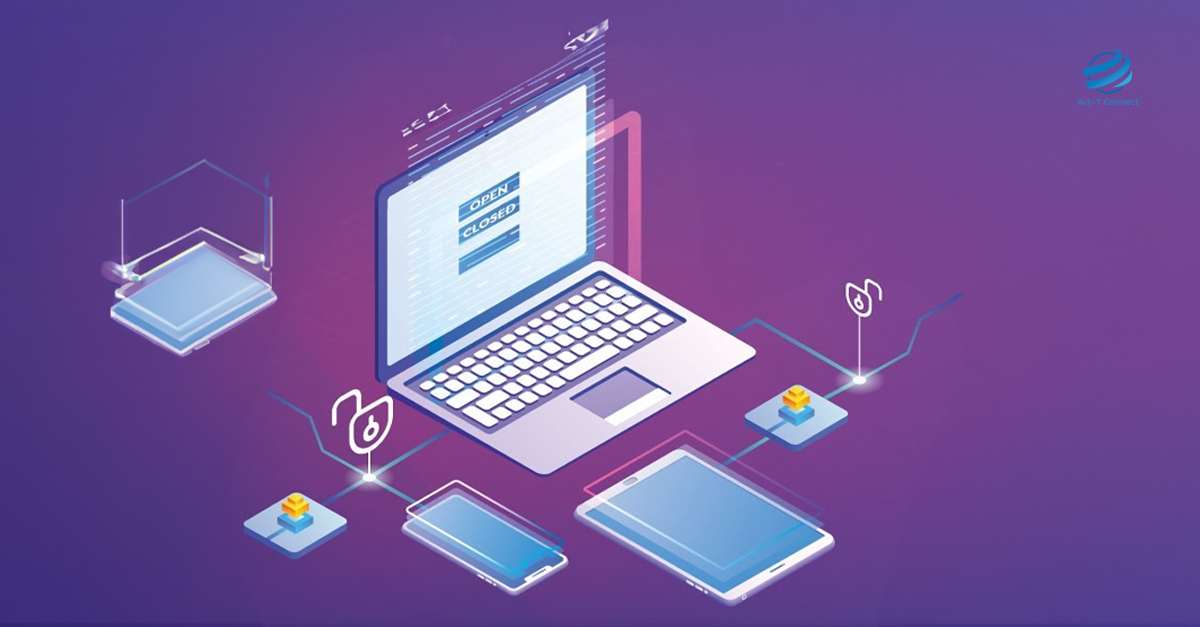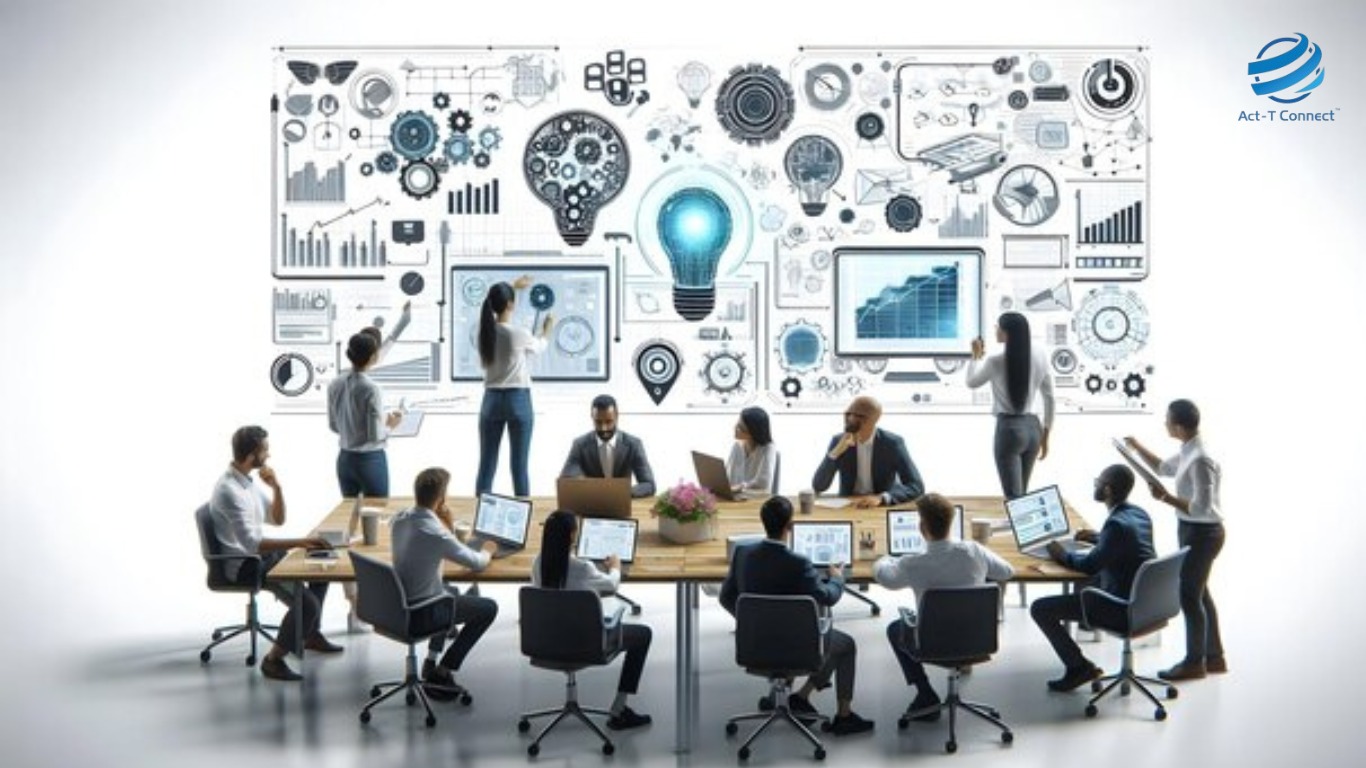
Software
development is evolving rapidly. Staying up to date will help you understand
where technology is headed, as new trends are constantly emerging. Let's
explore the top ten trends in software development that will influence the
future.
Artificial
Intelligence and Machine Learning
Currently,
two of the most popular developments are machine learning (ML) and artificial
intelligence (AI). Computers that are capable of human-like thought and
learning are referred to as AI. Machine learning (ML) is a branch of artificial
intelligence in which computers learn from data to perform better. For
instance, Netflix uses AI and ML to recommend films based on your viewing
history. These technologies will make software more intelligent and powerful in
the future.
Blockchain
Technology
Blockchain
functions similarly to a digital ledger that securely and openly documents
transactions. Although it began with cryptocurrencies like Bitcoin, it is
currently utilised for purposes other than money. For example, it helps to
verify the legitimacy of digital documents and trace products in supply chains.
Software is becoming more reliable and safe because to this technology.
Internet
of Things (IoT)
IoT
is making our lives easier by connecting different devices and enabling them to
communicate with each other. As IoT expands, software development will need to
adjust to handle more devices and data. Think of IoT as the network that
connects commonplace objects to the internet, such as thermostats that you can
control with your phone.
Edge
Computing
Cloud
computing and edge computing are somewhat different. Edge computing processes
data closer to where it is generated, whereas cloud computing stores data on
distant servers. This improves speed and decreases delays, which is crucial for
applications like autonomous vehicles. Software's handling of data will be
increasingly influenced by edge computing as technology develops.
DevOps
and Continuous Integration/Continuous Deployment (CI/CD)
DevOps
is a collection of procedures that facilitates better collaboration between IT
teams and developers. DevOps's Continuous Integration (CI) and Continuous
Deployment (CD) components concentrate on software testing and deployment
automatically. These procedures expedite the development process and provide
prompt problem-solving.
Cybersecurity
The
threats are growing along with technology. The main goal of cybersecurity is to
shield data and software from threats and hackers. To protect information, new
cybersecurity techniques and tools are continually being created. Software
developers must incorporate security into their development processes and be
mindful of potential dangers.
Low-Code
and No-Code Development
People
can build software applications without writing a lot of code thanks to
low-code and no-code platforms. No-code platforms don't require any coding,
although low-code platforms do. These tools facilitate application creation for
non-developers, which can encourage greater creativity and quicker development.
Progressive
Web Apps (PWAs)
Web
applications known as Progressive Web Apps (PWAs) function similarly to mobile
apps but are accessed through a web browser. They are a popular option for many
developers because of their quick loading speeds and offline capabilities.
PWAs, which mix the finest features of mobile and web apps, are probably going
to become even more popular in the future.
Virtual Reality (VR) and Augmented Reality (AR)
Virtual
reality (VR) and augmented reality (AR) are technologies that produce new
experiences by constructing fully virtual worlds or by fusing the actual world
with digital components. Whereas VR produces immersive virtual experiences
(like VR games), AR incorporates digital information into the real world (like
Pokémon GO). The opportunities for software creation in gaming, education, and
other fields are growing because to these technologies.
Quantum
Computing
A
new kind of computing called quantum computing processes information by
applying the ideas of quantum mechanics. Compared to conventional computers, it
may potentially tackle complicated problems far more quickly. Even though it is
still in its infancy, quantum computing has the potential to completely
transform software development by solving issues that are currently too complex
for traditional computers.
The
software development industry is always changing. These developments are
influencing the direction of technology, from blockchain and artificial
intelligence to quantum computing. You can stay ahead of the game and
comprehend how new advancements may affect your life and career by keeping up
with current trends. You'll be ready for the fascinating future of software
development if you embrace these developments.
